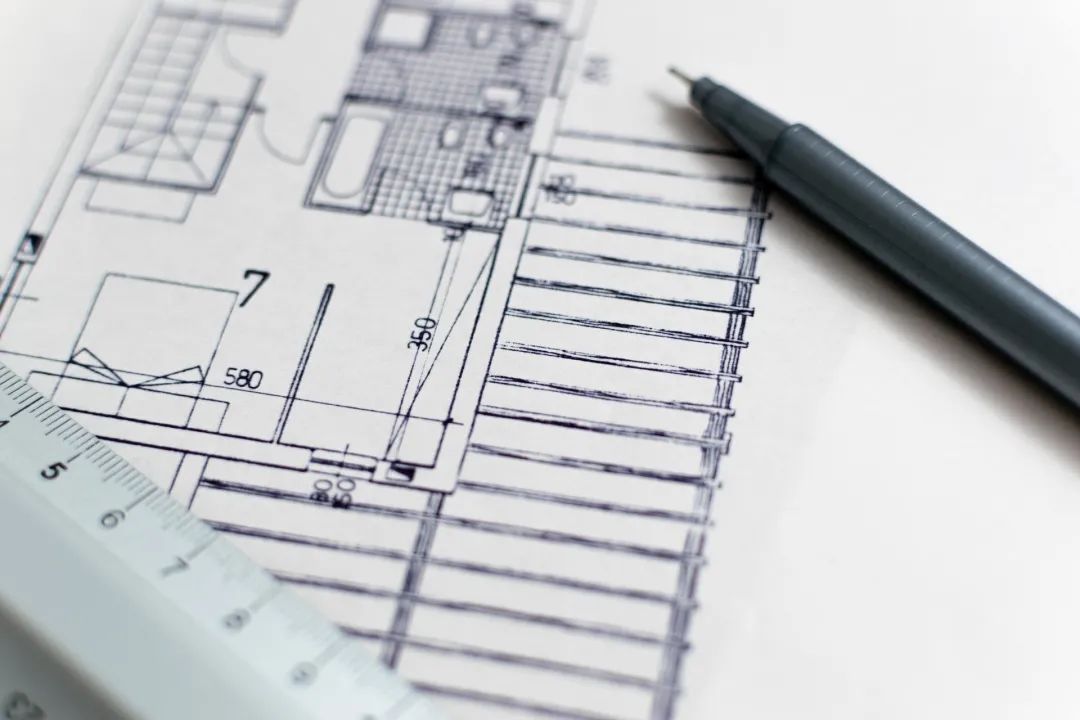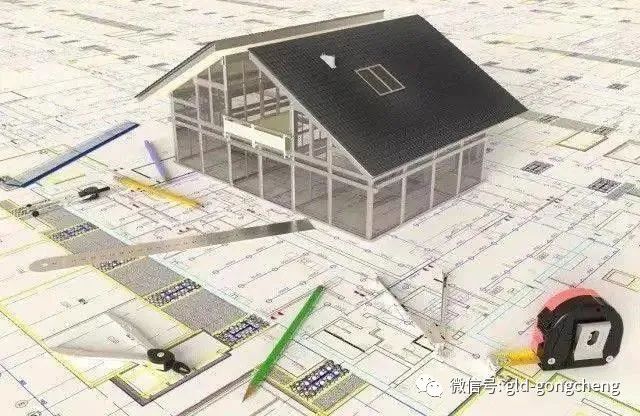“It reminds us of the sugar manufacturing process,” said PAM Campbell, a partner of cookfox and designer of the project.
In addition to helping designers achieve their aesthetic goals, the use of precast concrete facade can save a lot of time and money.
The new owner sees the potential of the plot to be built into a luxury coastal living area, and hopes that the design appearance of the building can maximize the use and enjoy the waterfront scenery.
Schweitzer said that the Revit model is the cornerstone of the production planning workflow.
Each mold can support more than 200 casts, while traditional wooden molds usually need to be reworked after 16 to 18 times of use.
The special consideration of the connection method in the design stage makes the quick installation time of each window about 30 minutes.
It needs to provide window installation support, and has the functions of waterproof, damage prevention and noise prevention.
The front face of the panel is polished to provide a smooth reflective surface to supplement the pickled surface.
“If you don’t make real-time changes in the architect’s office and immediately share these changes with the manufacturing team, the design will take several more months to complete, delaying production and on-site delivery.” In order to further speed up the installation, nearly 2500 windows were installed in the precast concrete production plant, saving at least 8 months of construction period, so that the interior decoration can start earlier.
In terms of design, each facade can self adjust the shielding according to the specific sun direction, and self optimize to reduce the energy use during cooling.
The mold layout in the panel is different in the whole building, so the appearance design has a randomness.
“It provides a unique opportunity to prioritize energy efficiency through the complementarity of different uses of energy,” said Steve Schweitzer, vice president of operations of gate precastcompany.
◇ project scale 462000 square feet (* about 42921 square meters) ◇ project features • use 3-D printed molds and Revit software to accelerate panel production • nearly 2500 windows have been installed in the precast concrete production plant, Shorten the construction period by eight months • these molds can support more than 200 pouring times without re finishing ◇ project / prefabrication scale • create an facade for 42 storey residential tower and 22 storey commercial tower to maximize the use of waterfront landscape • the project includes 1593 precast concrete panels • installation and construction from August 2018 to February 2020 ◇ award • design award 2021 – the most Good comprehensive use building • 2021 Design Award – Harry h.
Throughout the project, the design assistance team uses Revit software to plan and track all phases of the entire building life cycle.
Edwards industrial advanced Honor Award • Sidney Friedman craft Award – 2020 award winner project overview onesouthfirst is a new comprehensive use building in Brooklyn, New York, which is expected to redefine luxurious coastal life.
They use precast concrete to realize this idea.
Building exterior walls can be constructed of different materials, including composite materials, stone, steel and glass.
(source: Texas Haitian electromechanical) Introduction: as the “Facade” of a building, the outer wall can have different shapes and colors.
Schweitzer points out that the mold manufacturing of this project generally requires 40 to 60 man hours.
It is an important link in the process of architectural design and construction.
“We really want to create a dynamic architectural appearance, which can remind people of the reflection and structure of sugar crystals.”.
This building overlooking the whole East River, with 42 storey residential tower and 22 storey commercial tower, was once the location of Domino’s old sugar factory.
This allows the production team to manufacture the exterior wall without stopping for several days.
With its excellent molding performance, concrete can produce exterior walls with various forms, high three-dimensional and high visual impact.
It is reported that using the all composite mold designed by American additive engineering solutions (AES), onesouth first building in Brooklyn, New York has successfully realized the construction of large-scale assembled concrete exterior wall.
The window is deeply opened, and its sides have different angle sections to capture light and show the glittering sand in the white concrete after acid etching.
But with automated 3-D printing, the time was compressed to 14 hours.
To make this exterior wall, precast concrete manufacturers used 3-D printed molds in a process called additive manufacturing.
3-D printing die makes it possible to quickly produce a large number of panels with window holes.
The architect incorporated the crystal molecular structure of sugar into the envisaged modern appearance to connect the new building with the industrial history of the region.
They created an “intelligent family” in the software to achieve rapid advancement and collaboration among teams.
He added: “because the precast slab is built on site, the building envelope is almost complete.” this not only saves a lot of time in the construction progress, but also provides a clean, weather protected and safe working area for other disciplines..
The precast concrete facade is characterized by the repeated use of white precast concrete with angle and deep interlocking panel, which is used to create the game of light and shadow and make the rigid appearance vivid.
Schweitzer said, “the installation of windows in precast concrete production plants has proved to be very valuable to the owner and construction team”.



